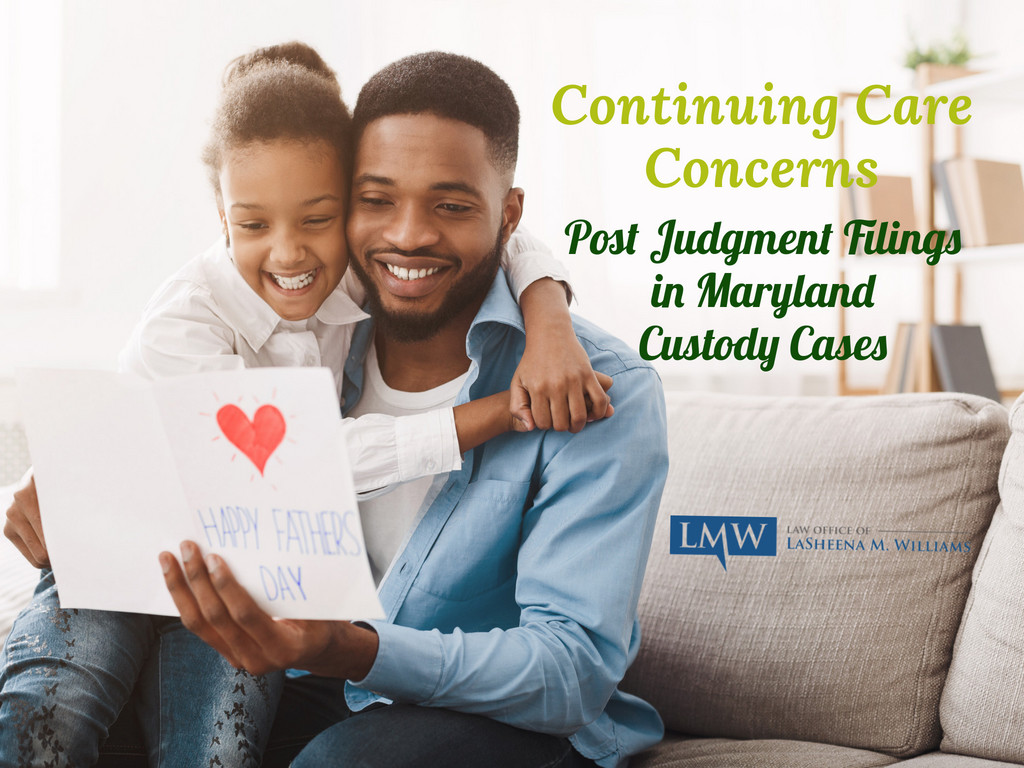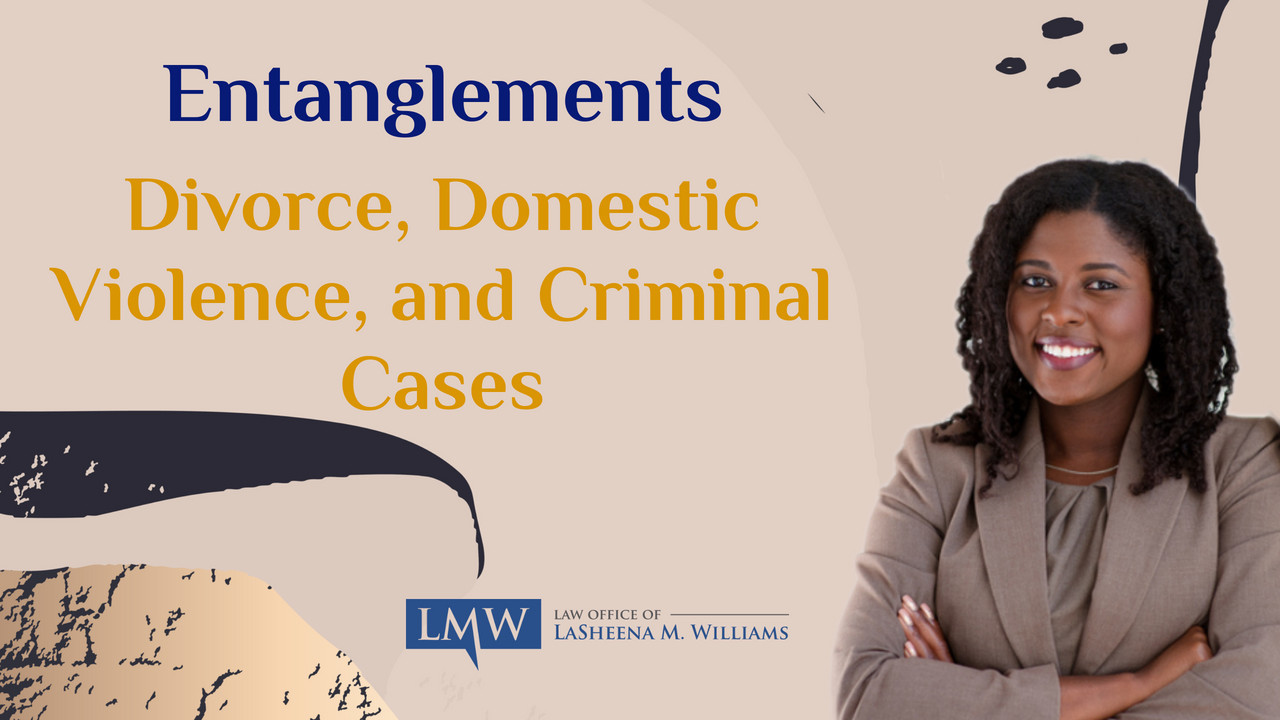Types of Post-Judgment Motions in Maryland Custody Cases
There are several types of post-judgment motions that can be filed in Maryland custody cases, including:
- Motion to Modify Custody: A motion to modify custody can be filed by either parent if there has been a significant change in circumstances that warrants a change in the custody arrangement. For example, if one parent has moved out of state, or if there is evidence of abuse or neglect, a motion to modify custody may be appropriate.
- Motion to Modify Visitation: A motion to modify visitation can be filed if there has been a change in circumstances that makes the current visitation schedule impractical or harmful for the child. For example, if one parent has developed a drug addiction or is frequently absent, a motion to modify visitation may be necessary.
- Motion for Contempt: A motion for contempt can be filed if one parent is not following the terms of the custody or visitation order. For example, if one parent is consistently late for visitation, or if they are not following the court’s orders regarding communication with the child, a motion for contempt may be appropriate.
- Motion for Reconsideration: A motion for reconsideration can be filed if there is new evidence or information that was not available at the time of the original custody hearing. For example, if a parent can provide evidence that the other parent has a history of domestic violence, a motion for reconsideration may be appropriate.
Requirements for Filing a Post-Judgment Motion for your Custody Case in Montgomery County, Maryland and Prince George’s County, Maryland
In order to file a post-judgment motion in a Maryland custody case, certain requirements must be met. These include:
- Timing: In most cases, a post-judgment motion must be filed within 30 days of the entry of the final judgment. However, there are exceptions to this rule, such as in cases involving fraud or newly discovered evidence.
- Grounds: The motion must be based on one or more of the grounds allowed by Maryland law, such as a change in circumstances, new evidence, or a failure to follow the court’s orders.
- Notice: The opposing party must be given notice of the motion and an opportunity to respond.
- Supporting Documents: The motion must be supported by relevant documents, such as affidavits, expert reports, or other evidence.
It is important to note that post-judgment motions can be complex and require a thorough understanding of Maryland custody law. When properly filed, post-judgment motions can be an effective way for parents to challenge or modify a court’s custody decision in Maryland. It is recommended that you seek the advice of an experienced family law attorney if you are considering filing a post-judgment motion in a Maryland custody case.
Considering Filing a Post Judgement Motion in Your Child Custody Case? Contact an Experienced Montgomery County, Maryland or Prince George’s County, Maryland Attorney Today
If you believe that there has been a significant change in circumstances that warrants a modification of the custody or visitation order, or if you have new evidence to present, a post-judgment motion may be appropriate. If you want to know more about post-judgement motions in custody cases, you should contact the Law Office of LaSheena M. Williams, LLC to discuss your options. If you need the assistance of an experienced Maryland divorce attorney, contact the Law Office of LaSheena M. Williams at (301) 778 – 9950 or leave an online request for a consultation.
Our firm passionately represents clients across Rockville, Bethesda, Gaithersburg, Silver Spring, Takoma Park, Chevy Chase, College Park, Cheverly, Greenbelt, Oxon Hill, Hyattsville, Upper Marlboro, Largo, Bowie and surrounding communities.



